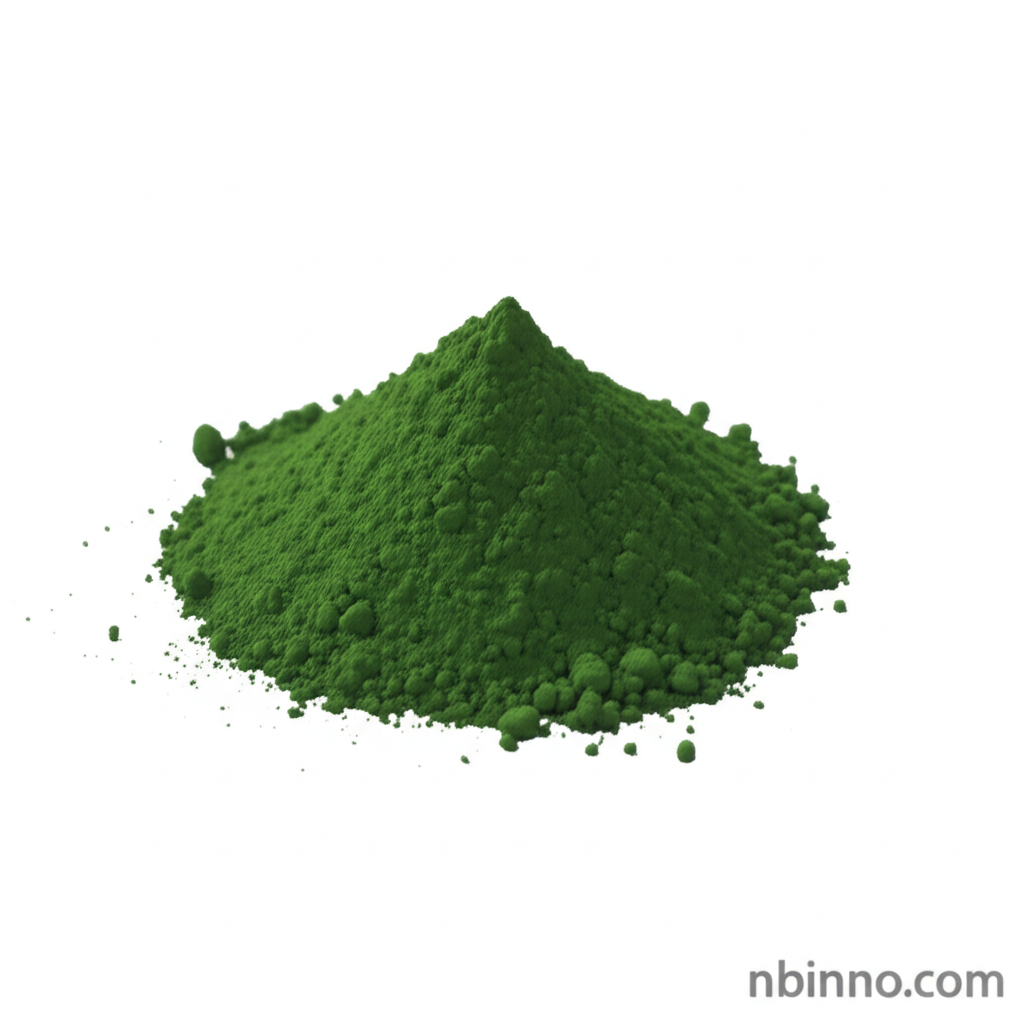Chlorin E6: A Potent Photosensitizer for Enhanced Cancer Photodynamic Therapy and Abscopal Effects
Unlocking systemic antitumor immunity through innovative photodynamic therapy with Chlorin E6.
Get a Quote & SampleProduct Core Value

Chlorin E6
Chlorin e6 (Ce6) is a highly effective photosensitizer utilized in photodynamic therapy (PDT) for cancer treatment. Its unique properties allow it to generate reactive oxygen species upon light activation, leading to tumor cell death. Beyond local tumor eradication, Ce6-PDT demonstrates a significant capability to induce abscopal effects, a phenomenon where treatment at one tumor site leads to the regression of distant, untreated tumors. This systemic immune response is mediated through the inhibition of the PD-1/PD-L1 immune checkpoint, a critical pathway in cancer immune evasion.
- Leveraging Chlorin e6 photodynamic therapy for improved abscopal antitumor effects, showcasing its potential in a preclinical setting.
- Understanding the mechanism of PD-1/PD-L1 inhibition in cancer therapy as facilitated by Ce6-PDT, revealing its impact on the tumor microenvironment.
- Exploring T cell activation and infiltration driven by Ce6-PDT, highlighting the enhancement of the host's immune response against cancer.
- Analyzing the role of photosensitizers for PDT in combination with immunotherapy to achieve synergistic and systemic antitumor activity.
Key Advantages
Induces Systemic Immune Response
Ce6-PDT effectively promotes a systemic immune response, crucial for tackling metastatic cancer through mechanisms like the abscopal effect in cancer treatment.
Enhances T Cell Activity
The treatment significantly boosts the activation and infiltration of T cells, a cornerstone of adaptive immunity against tumors, as investigated in T cell activation in cancer studies.
Modulates Immune Checkpoints
By inhibiting the PD-1/PD-L1 axis, Ce6-PDT overcomes immune suppression, presenting a novel strategy within PD-1/PD-L1 inhibition cancer therapy.
Key Applications
Oncology
Utilized in photodynamic therapy for various cancers, enhancing local tumor destruction and triggering systemic antitumor immunity, aligning with Chlorin e6 photodynamic therapy research.
Immunotherapy Enhancement
Acts as an immunotherapy adjunct, potentiating the effects of immune checkpoint inhibitors and activating immune cells for a more robust anti-cancer response.
Preclinical Research
Serves as a key agent in preclinical studies investigating novel cancer treatment modalities and the complex interplay between therapy and the immune system.
Targeted Drug Delivery
While primarily a photosensitizer, its properties are explored for targeted delivery in advanced cancer treatment strategies, building on the understanding of photosensitizer research and development.
